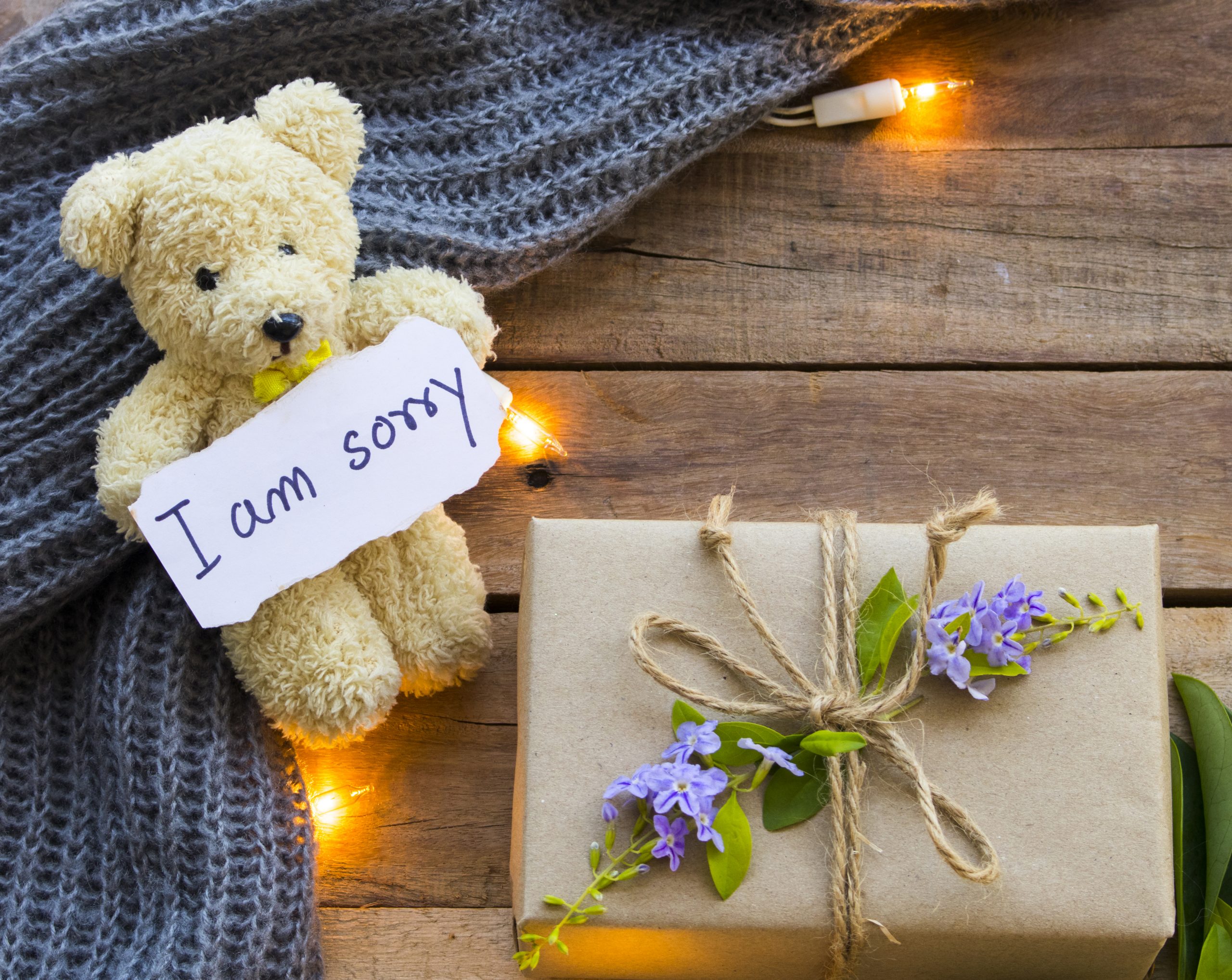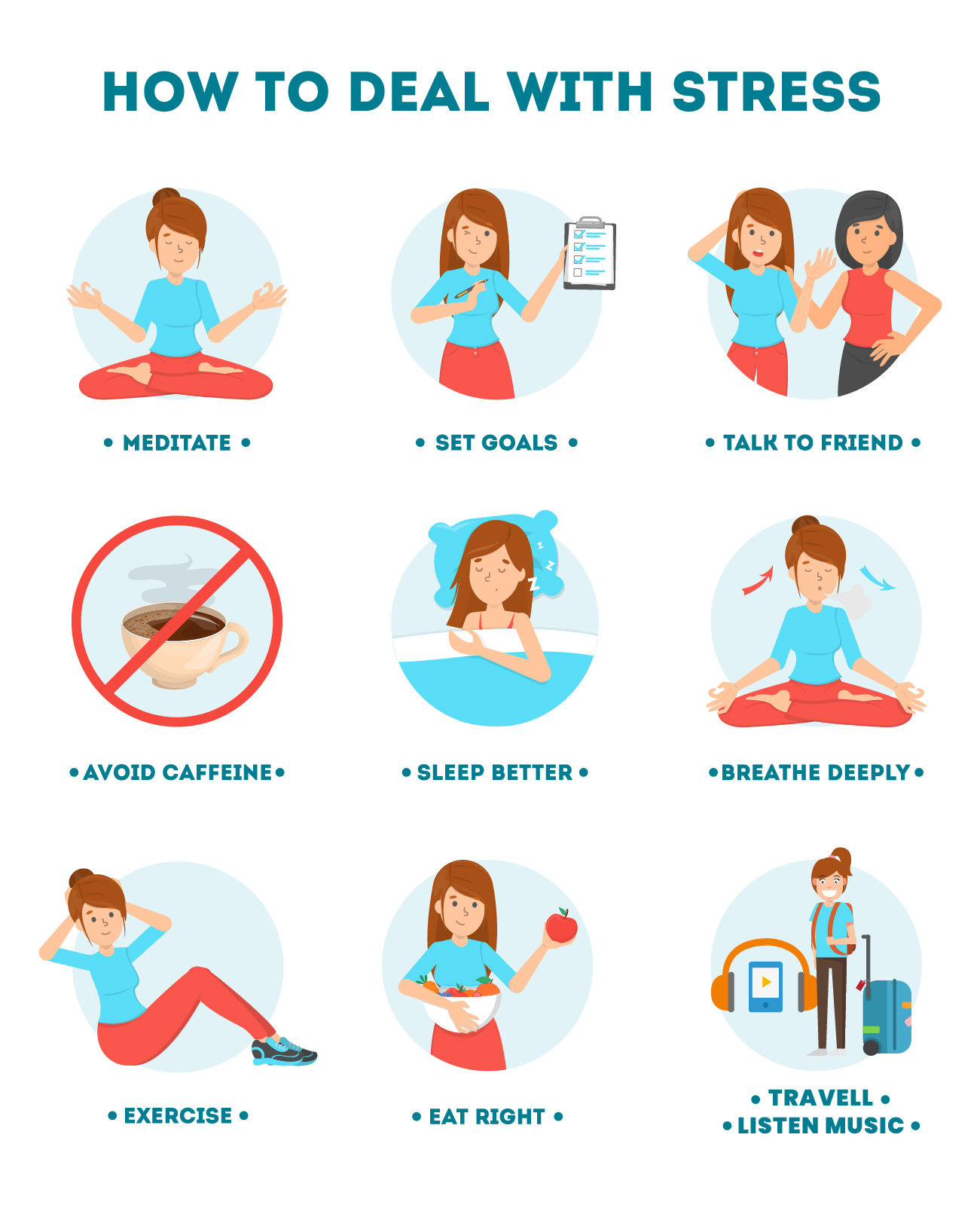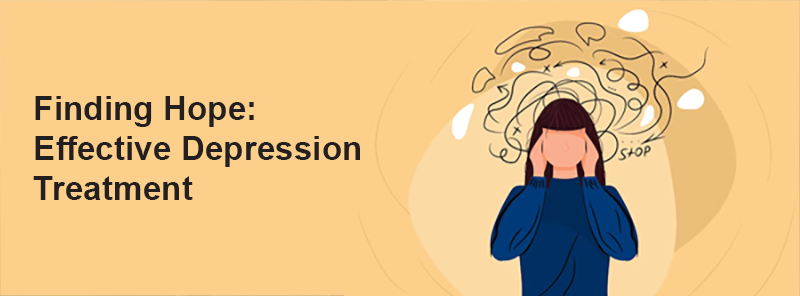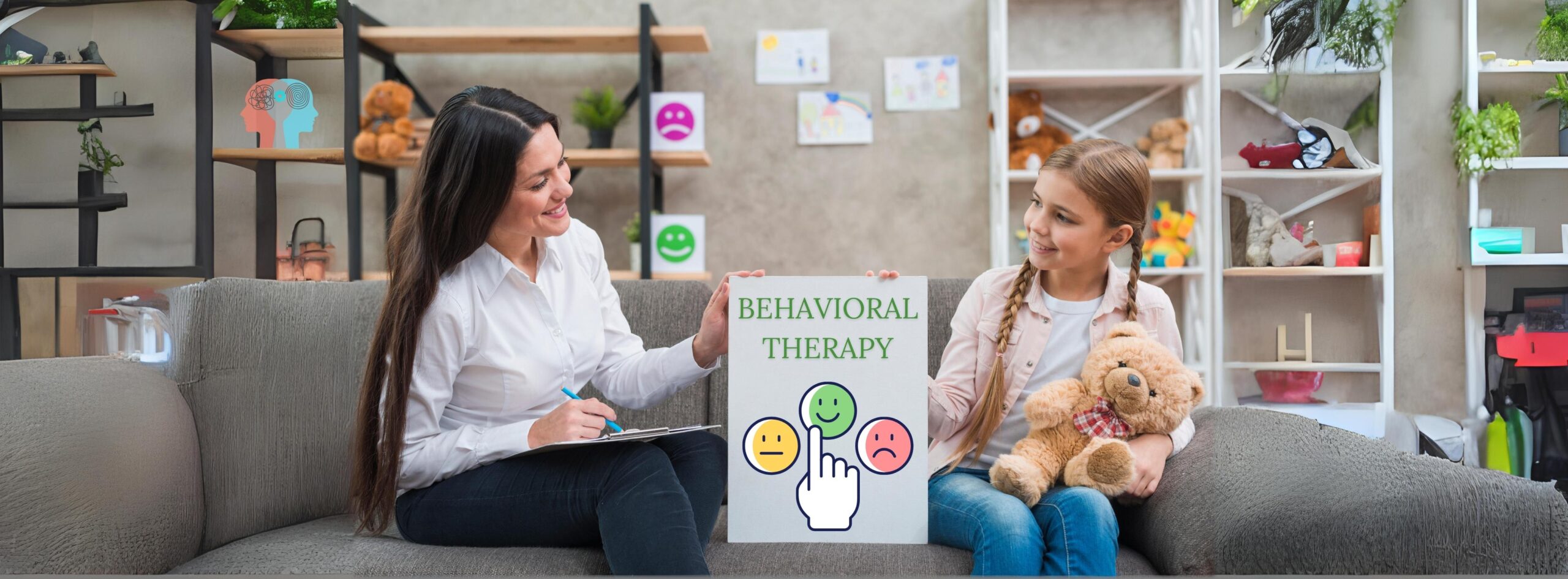Stress and How it Affects your Relationship

Sharing is caring. We have all heard that before. In a healthy relationship, one does not share just the good bits, but tough ones too. In health and sickness, right? That means always to show up and being present through the highs and lows of life makes for a great partnership. When you do not do right by them, you apologize. You forgive and forget. You communicate and listen just as much. All while sharing common goals, future, and life together.
 On the contrary, in an unhealthy relationship, there is prominent dominance, insecurities and fears. It makes you question if at all you’re with the right person, doubt your self-worth leading you to settle for someone who might not be suitable for you. An unhealthy relationship often entails physical, mental, emotional violation and abuse. The blame game, constant pressure, and avoiding one’s flaws while emphasizing that of their partner often lead to toxicity in a relationship. Being part of taxing dynamics like this mentally and physically cripples you. It leads to severe consequences such as – intimacy issues, anxiety, depression, acne, weight fluctuations, heart disease, diabetes, etc.
On the contrary, in an unhealthy relationship, there is prominent dominance, insecurities and fears. It makes you question if at all you’re with the right person, doubt your self-worth leading you to settle for someone who might not be suitable for you. An unhealthy relationship often entails physical, mental, emotional violation and abuse. The blame game, constant pressure, and avoiding one’s flaws while emphasizing that of their partner often lead to toxicity in a relationship. Being part of taxing dynamics like this mentally and physically cripples you. It leads to severe consequences such as – intimacy issues, anxiety, depression, acne, weight fluctuations, heart disease, diabetes, etc.
Research shows loneliness and rejection triggers the same part of your brain as in the case of physical pain. With the help of others, we can find ways to manage stress levels.
They are –

 1. Communication is vital – When it comes to stress, bottling up your emotions can eat you up internally. If you are struggling expressing how you feel, seek help from friends, family or professionals to help guide you. Productive conversations focus on communicating how we feel. When in a state of anger, we could project an unnecessarily negative outlook on the subject, doing more damage than good.
1. Communication is vital – When it comes to stress, bottling up your emotions can eat you up internally. If you are struggling expressing how you feel, seek help from friends, family or professionals to help guide you. Productive conversations focus on communicating how we feel. When in a state of anger, we could project an unnecessarily negative outlook on the subject, doing more damage than good.
2. Intimacy – Sometimes something as simple as eye contact, the holding of hands or hugs can reignite the passion in a relationship. It reduces built-up tension. Always get consent to be on the same page, especially after a confrontation or intervention.
3. Go the extra mile – Not every day can be a great day. There will be times when work, household chores, raising kids, etc. might be hard to balance. Apart from your shared chores, find ways to make things easier for your partner.
 4. Be thankful – Expressing your gratitude and love to each other is a way to acknowledge the efforts of the partner. It makes them feel loved, appreciated, and valued. This mutual appreciation goes a long way.
4. Be thankful – Expressing your gratitude and love to each other is a way to acknowledge the efforts of the partner. It makes them feel loved, appreciated, and valued. This mutual appreciation goes a long way.
5. Apologize – Mistakes happen, but it makes all the difference when you own up to it and learn from it. Setting your ego aside and saying sorry can help build trust, respect, and understanding of one another. It shows that one is acknowledging and working on their mistakes. In doing so, it provides reassurance to their partner, leading to a stronger emotional bond.
6. Remind and pat yourselves on the back for all the hardships you’ve endured together. It helps put things in perspective. It makes you realize stress is temporary, and you can overcome challenges as a team.
 7. Explore new adventures together – Studies suggest experimenting with new activities, that partners mutually enjoy, increases the quality of a relationship. If all fails, even getting out of your home to run errands together could be a way to break out of a relationship’s mundane routine.
7. Explore new adventures together – Studies suggest experimenting with new activities, that partners mutually enjoy, increases the quality of a relationship. If all fails, even getting out of your home to run errands together could be a way to break out of a relationship’s mundane routine.
8. Therapy – Apart from those mentioned above, one could try their hand at therapy, meditation and mindfulness, mindfulTMS, and self-hypnosis as alternative ways to deal with stressors.
Humans are social animals and enjoy interactions and relationships. Maintaining healthy relationships make life enjoyable and can be a fulfilling experience. A partner should not take decisions in a relationship out of spite, anger, or negative emotions. Even if a relationship is falling apart or drifting away, dealing with it in a calm, mature manner can ease many problems and lead to less regretful feelings and resentment.





